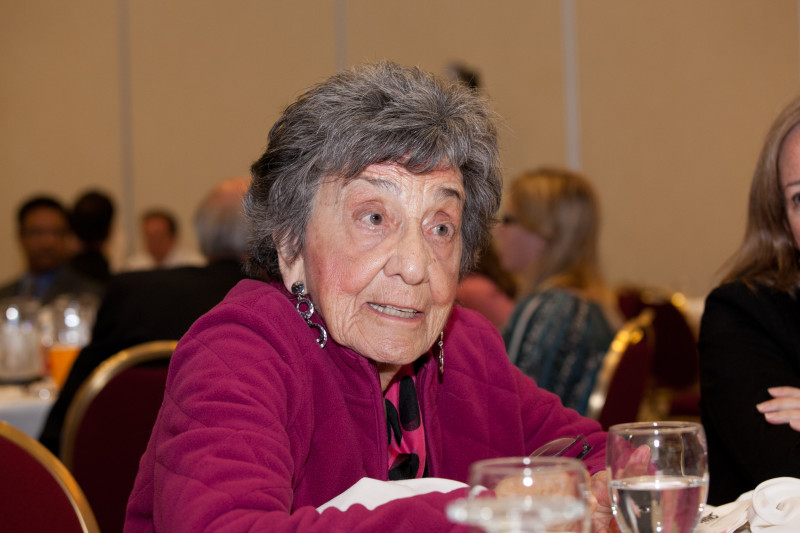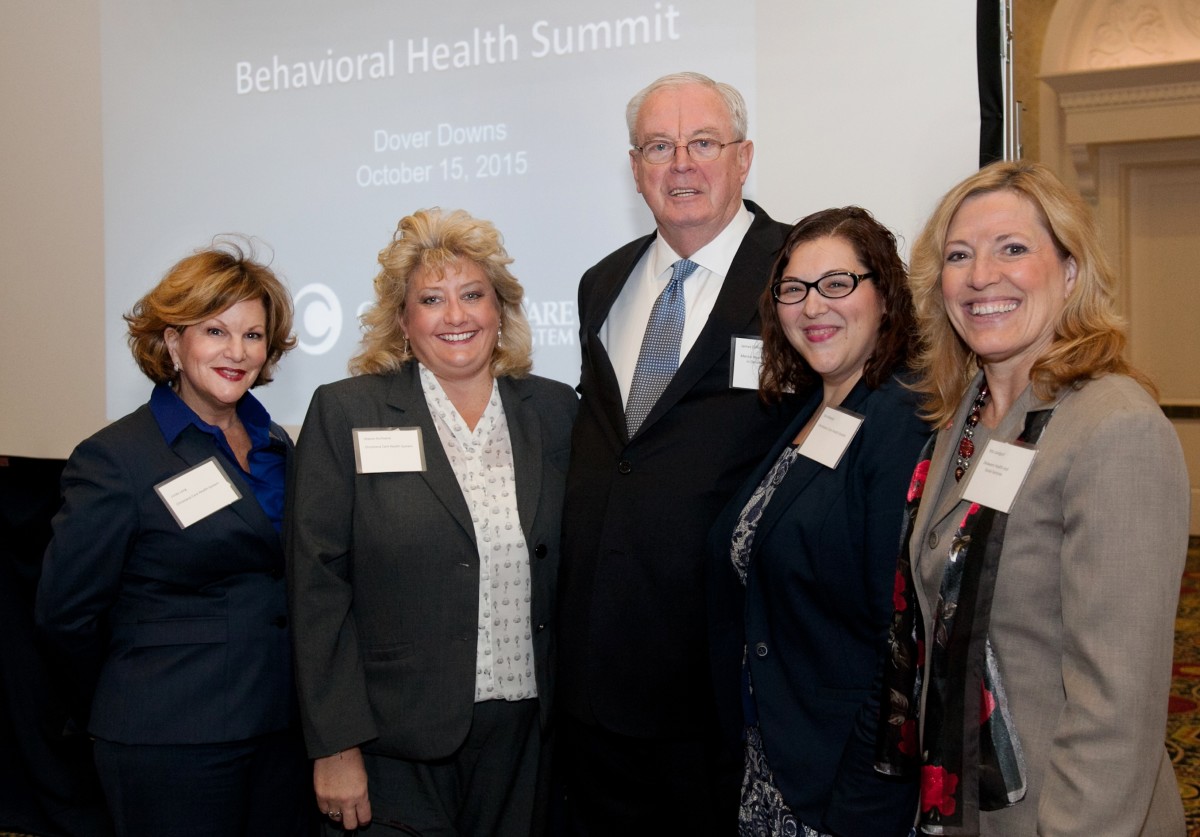Integrating behavioral health with primary care may be the most effective way to innovate Delaware’s health care delivery system, according to participants in a statewide summit hosted by Christiana Care last month.
The event brought together about 50 thought leaders from the public and private sectors — state agencies, health systems, behavioral health facilities and practices, nonprofit organizations, patient and family representatives and law enforcement — in what is believed to be the first such statewide focus group to examine the various touchpoints throughout Delaware’s behavioral health system. The goal: to advance a holistic framework that produces healthier outcomes for individuals and communities.
“The behavioral health summit paves a much-needed path for a more collaborative care model in Delaware that truly aligns with The Christiana Care Way, coming together in partnership to provide respectful, expert and innovative care,” said Sharon Kurfuerst, EdD, OTR/L, FACHE, senior vice president, Health Services Operations. “This important dialogue will help to solidify providers’ collective commitment to provide optimal care for all of our neighbors.”

The summit was proposed by Christiana Care, which convened a task force to oversee planning and then helped to lead the program. Key leaders in the process were Kurfuerst, Linda Lang, M.D., Christiana Care’s chair of the Department of Psychiatry, and Erin Booker, LPC, corporate director of Behavioral Health.
The Christiana Care team and community task force partners worked closely with Rita Landgraf, secretary of the Delaware Department of Health and Social Services, to ensure that plans for the summit support Delaware’s State Health Care Innovation Plan and State Innovation Model (SIM). A key focus of SIM is strong coordination of care across multiple providers — including primary care and behavioral health — to help patients manage complex, chronic conditions.
“People come to us as holistic beings with many factors weighing on their health and well-being,” said Secretary Landgraf. “The head is not separate from the body. For example, there is a behavioral health component to chronic disease and aging. Depression and addiction are two growing concerns.”

Over the last several years, Christiana Care has successfully embedded behavioral health specialists within the primary care setting — as well as in such specialties as Cancer, Heart & Vascular and Women’s & Children’s Health. This integrated model has opened behavioral health doors to many who might otherwise never seek help.
Keeping the consumer at the center
Secretary Landgraf opened the summit by providing a snapshot of Delaware’s health status today, candidly acknowledging that the picture isn’t pretty: one in five Delawareans smoke, nearly one-third are obese, and Delaware’s 11 percent diabetes incidence rate and per capita health care costs are 25 percent higher than average. She discussed the behavioral health symptoms, including depression and addiction, that increasingly are faced by our aging population and people with chronic diseases. There is little question, she believes, that all involved in the health care delivery system are philosophically supportive of integration, but she challenged participants to consider how to advance it in a sustainable way that demonstrates healthier outcomes for individuals and communities.
Through roundtable workgroups, summit participants explored a real case study of a vulnerable individual from our community who was deeply impacted by behavioral health stressors as a child and ultimately ended up incarcerated as an adult. They discussed touchpoints along the way that might have led to a healthier outcome.
The participants discussed how best to create a delivery system focused on the consumer. They also discussed the challenges through the lens of population health — taking into account cultural and economic factors, and exploring ways to engage, empower and support communities to advance in health and wellness. Among their recommendations:
• Create a more holistic approach to behavioral health, rather than focusing on symptom management.
• Focus on early intervention.
• Develop a payment model that allows behavioral health care providers to be paid for direct and ancillary treatment, including consultation with primary care providers.
• Facilitate transition of services between care for youth and young adults.
• Establish stronger links between primary care and behavioral health providers, school and family.
• Require accountability for outcomes that are evidence-based, measurable and culturally competent.

Rae Burton, a founding member of Christiana Care’s Patient and Family Advisory Council, was encouraged by the enthusiasm and spirit of collaboration among the many who attended.
“As an educator, I know that behavioral health issues too often do not get talked about,” Burton said. “But unless you have both a health body and mind, you are nowhere. Discussions like this are so needed here in Delaware.”
Secretary Landgraf praised summit participants for their leadership and partnership to explore how the integration of behavioral health with primary care can create a holistic delivery system with the consumer at the center.
“There’s little question that all involved in the health care delivery system are philosophically supportive of integration,” acknowledged Landgraf. “We need to ask ourselves how to bring behavioral health integration on the ground in concert with primary care; how to screen earlier for behavioral health issues. We know the value of early intervention. The sooner we introduce this new level of integrated care, the better for each individual at the focus of our efforts.
“We are grateful to the many professionals who lent their time and expertise to this enlightening working session, digging deeper for culturally competent ways to engage, empower and support communities. Special thanks go to Christiana Care for their leadership in convening this summit. The ideas generated will be invaluable as we advance integration in a sustainable way that demonstrates healthier outcomes.”
For Dr. Lang, the summit’s success was measured by participants having the opportunity to crystallize their own thoughts, share feedback and move ahead following the state’s leadership.
“I see this integrative approach to care as a game changer,” Dr. Lang said. “The opportunity to work together with one another in various medical specialties — and to partner so intimately with our patients to help them, in a nonjudgmental way, overcome anxiety and depression, and learn coping skills — is very exciting and holds great promise toward helping to achieve Delaware’s goal to be one of the five healthiest states in the nation.”



